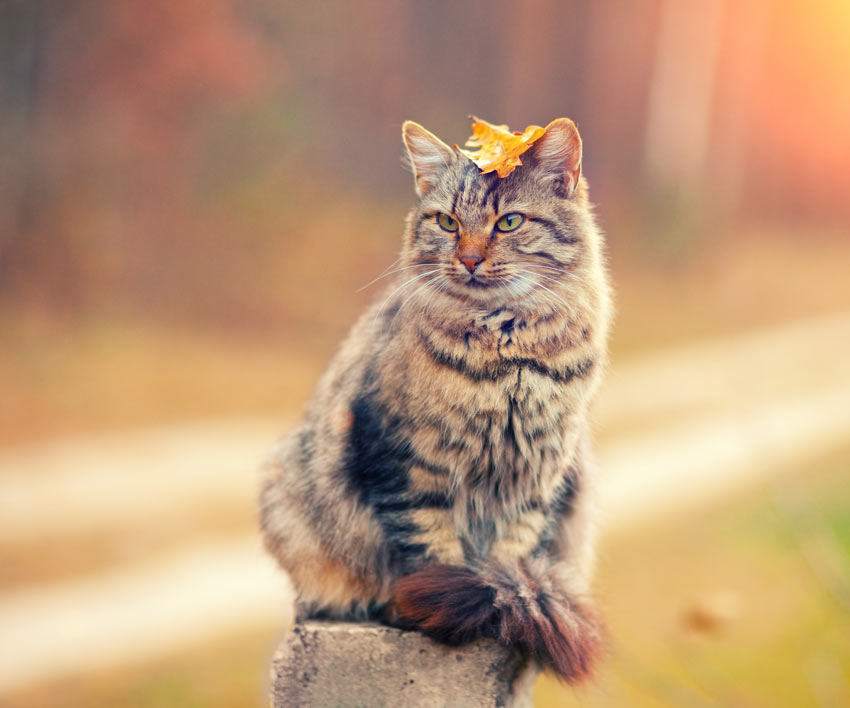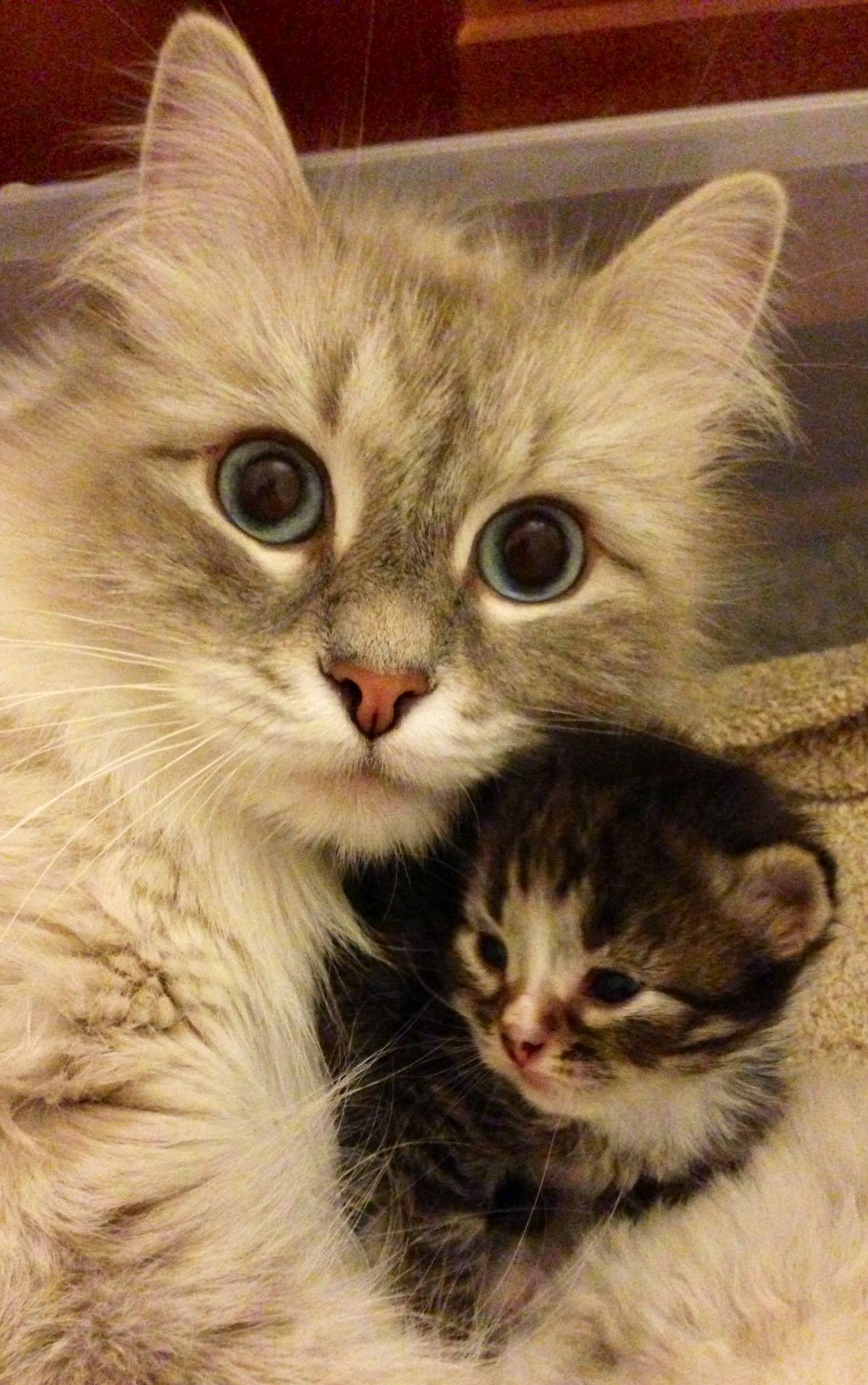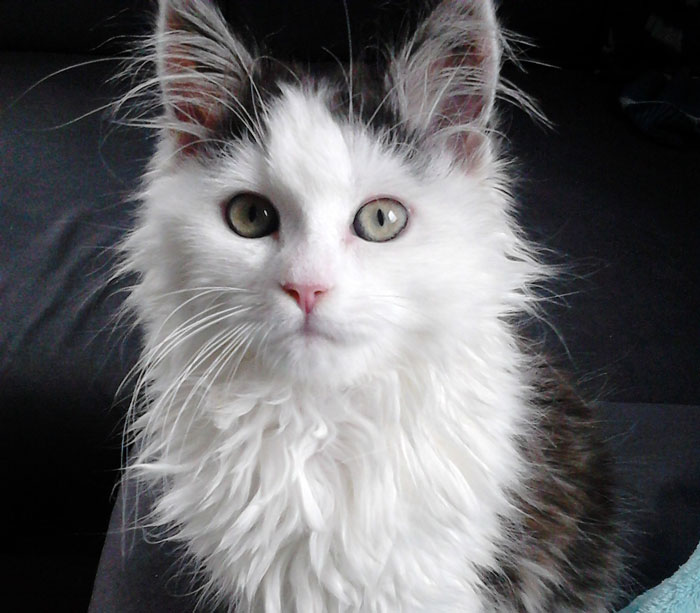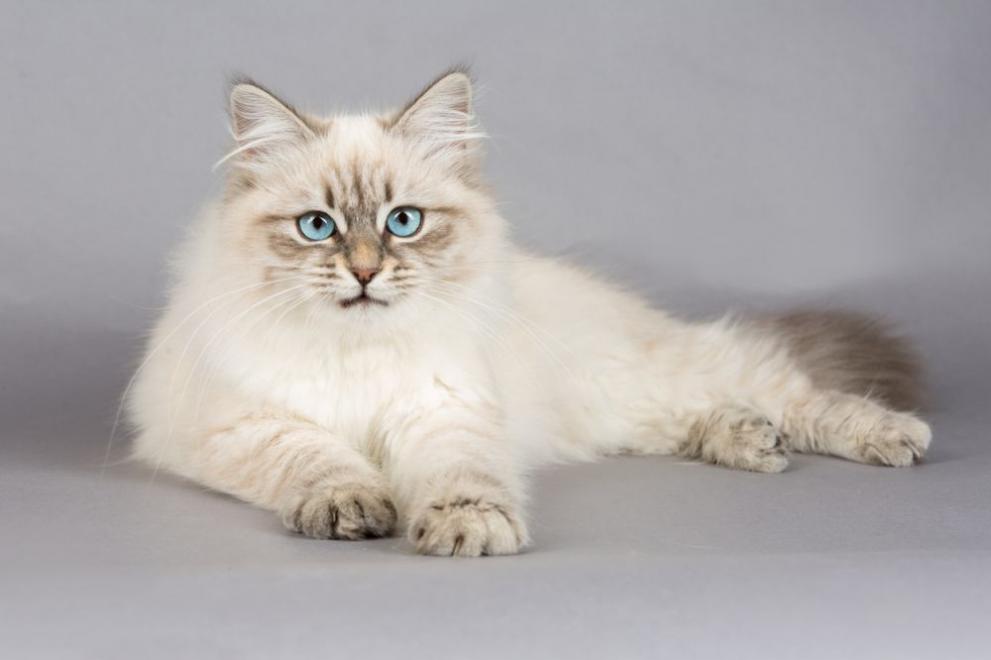
Are Siberian Cats Actually Hypoallergenic
The Siberian cat's claim in the hypoallergenic department stems from the belief that this breed produces relatively little of the Fel d 1 allergen compared to other cats. However, there still is little scientific proof of this. These cats have very thick coats, though they don't tend to mat or tangle. Weekly brushing is usually all they need.

Hypoallergenic Cats
And even though the Siberian sports a relatively long and lush coat, it is still more hypoallergenic because it has lower levels of Fel d 1 protein in its saliva. Lyons says, "People have noticed that specific Siberian cats do not elicit as much of an allergy response as other cats." Siberians are generally intelligent, affectionate, and playful.

Siberian Cat Breed Information CatWorld
No, Siberian cats are not hypoallergenic. No cat is ever considered 100% hypoallergenic since they all produce Fel d 1 protein, the allergen that causes allergic reactions. However, scientific research claims that this breed produces less of said allergen and that the males produce only a fraction of it. There are also claims that at least 75%.

Best Hypoallergenic Cat Breeds Choosing The Right Cat For You Cats
The Siberian cat is one of the oldest domesticated cat breeds in the world. They have a triple-layered coat and are one of the largest cat breeds weighing 20 pounds. There is a lot of debate over whether or not Siberian cats are hypoallergenic. Some people swear by their breed's low allergy potential, while others […]
Are Siberian Cats Hypoallergenic? The Truth about Siberian Cats! The Suburban Jungle
The Siberian breed is a fairly medium-sized cat breed. It could grow to weigh between 8 and 17 pounds and reach 17 to 25 inches in length from the tip of their nose to their tail. That said, a larger Siberian cat has a greater chance of causing allergies. Overall, this feline is not a perfect hypoallergenic cat.

Hypoallergenic Siberian Cat with Kitten Croshka Siberians
No cat—or dog, for that matter—is 100% hypoallergenic, but Siberians can rightfully be called low-allergen because of mutations that bring down their Fel d 1 levels. Fel d 1 is the most major.

How healthy is your Hypoallergenic Siberian Cat? Siberian Cat Breeders, Hypoallergenic Cats
Hypo-Allergenic (lowest allergen producing) Siberian Cats. Our kittens are have rare coloring with bright blue eyes, mostly white bodies, and gray markings on their ears, tails, and face mask. Our Queens Storm & Fraya are all blue Point Neva Masquerade with white as well as our sire Adonis, and their kittens will most likely look generally like.

Siberians the Hypoallergenic Cat Siberian Cats
Siberian cats are fluffy hypoallergenic giants with a luxurious coat, robust health, and a super affectionate dog like personality. They are best known for producing less allergens than other breeds allowing many allergy sufferers to enjoy the love of a hypoallergenic cat in their home. They are gentle with children, agile, and fun loving.

Hypoallergenic Cats Siberian Cat Breeders ALLERGIES
Due to these low quantities, Siberian Cats are often considered hypoallergenic. Despite this, small amounts of Fel d1 1 can spark up allergies. Allergies can be severe and cause puffy eyes and.

Why Siberian Cats Are Awesome And Hypoallergenic? Pulchra
The Siberian's thick, soft fur might trigger anxiety about allergies, but this cat breed actually produces low amounts of the Fel-d1 protein that causes cat allergies. Because of its long hair, this cat does shed a lot. Yet despite its bi-annual molting, the Siberian is still considered one of the most allergy-friendly cats.

Hypoallergenic Cats Siberian Cat Breeders KITTENS LITTER C Siberian cat, Pretty cats
The Siberian cat is an ancient, breathtaking breed that originated in Russia. A forest cat, Siberians sport luxurious triple coats to protect against the cold. These furry cats have an outgoing and affectionate personality, making them exceptional companions. They enjoy the company of other cats and dogs, and they love playing with gentle.

Top Hypoallergenic Cats for Allergy Sufferers
Siberian cats are large felines with relatively few health issues, though they require regular grooming. Learn more about caring for Siberian kittens and cats.. Are Siberian cats hypoallergenic? Siberians are not considered to be hypoallergenic cats. In fact, no cat is truly hypoallergenic, as all cats produce Fel-d1 (the protein associated.

Siberian cat.. ever want a hypoallergenic cat? Well here ya go.. the largest of the Domestic
Siberian cats have long, thick fur, and most people will think they're not hypoallergenic because of that. However, the protein that most cats produce, known as Fel d 1, is what causes allergies in people, not the cat's fur. There's no such thing as hypoallergenic cat breeds; however, some cat breeds produce lower amounts of the protein that causes allergic reactions.

Hypoallergenic cat breeds veterinary medicine Pinterest
Various factors contribute to Siberian cats' hypoallergenic nature. Their dense, triple-layered coat plays a crucial role in trapping and minimizing the spread of allergens, significantly reducing the chances of triggering allergic responses in humans. 18. Role of Grooming in Allergy Prevention.

Hypoallergenic Siberian Cat Breeder Care About Cats
The Siberian cat is a breed that originated in Russia and has been around for centuries. These cats are known for their luxurious fur, friendly personalities, and hypoallergenic qualities. Many cat lovers who suffer from allergies have found that they can enjoy the companionship of a Siberian cat without experiencing allergic reactions.
Croshka Siberian Cats and Siberian Kittens
Before delving into the hypoallergenic nature of Siberian cats, it's essential to understand what causes cat allergies in the first place. Cat allergies are the result of a person's immune system reacting to proteins found in a cat's skin cells, saliva, and urine. The most common allergens are Fel d 1 and Fel d 4 proteins.